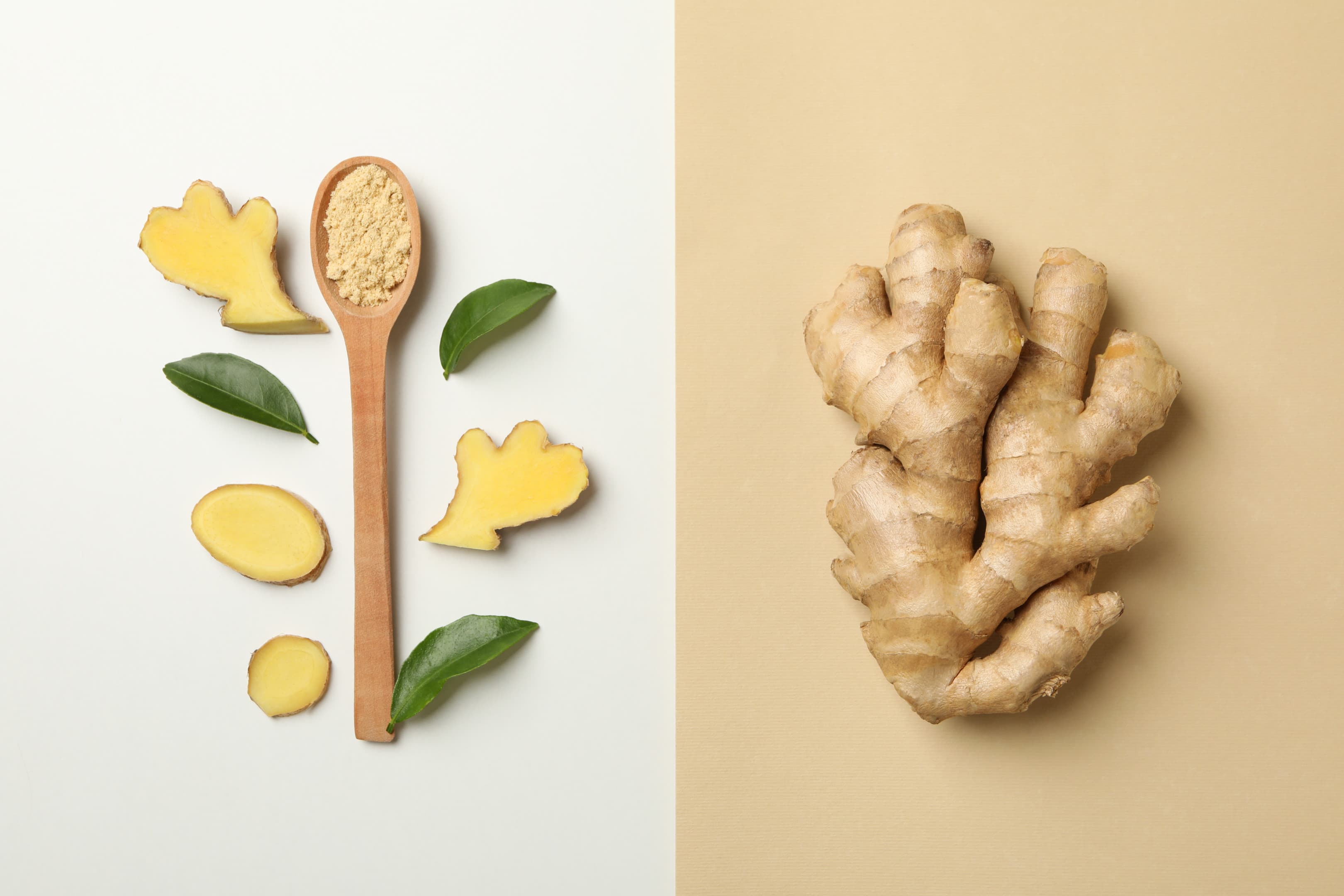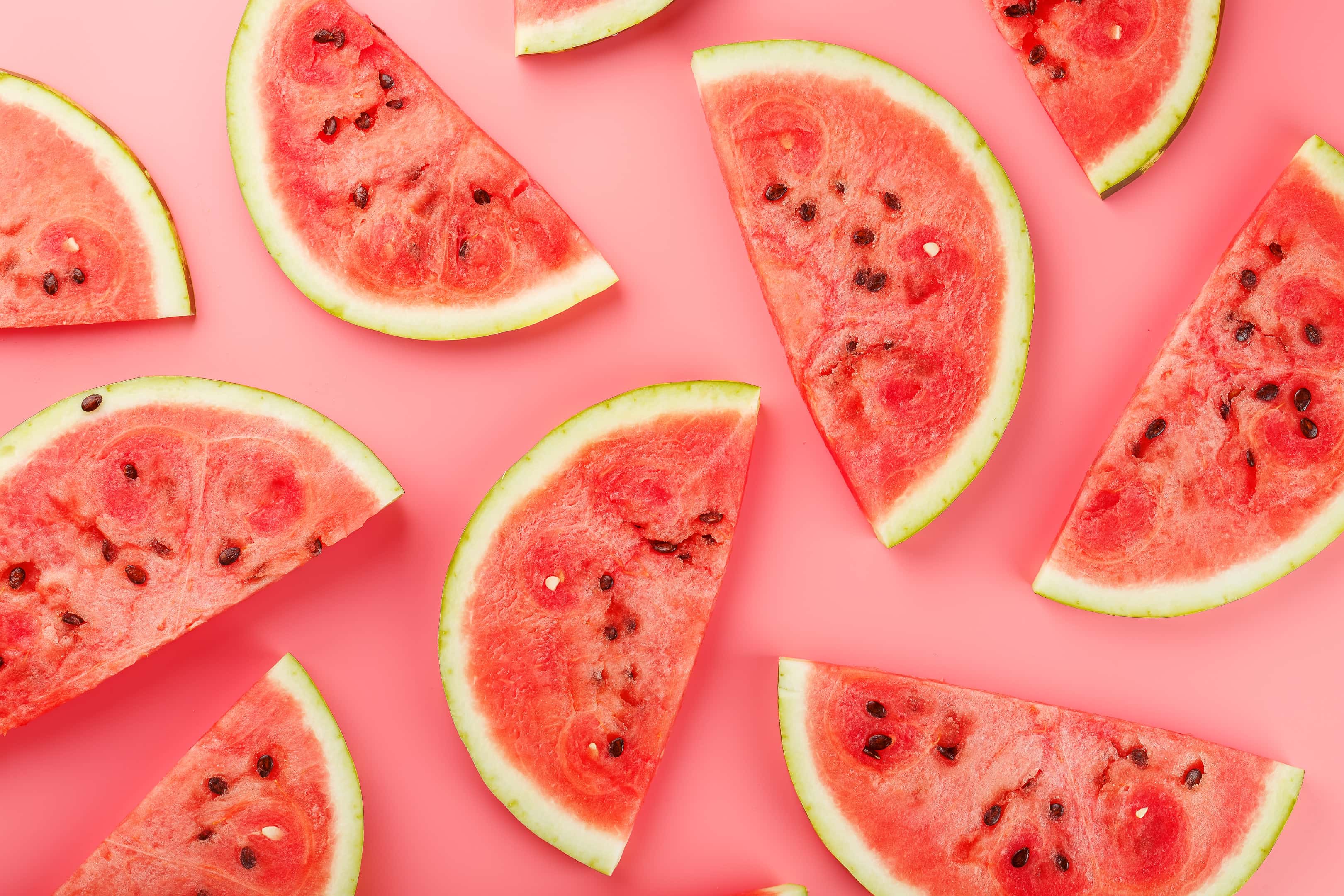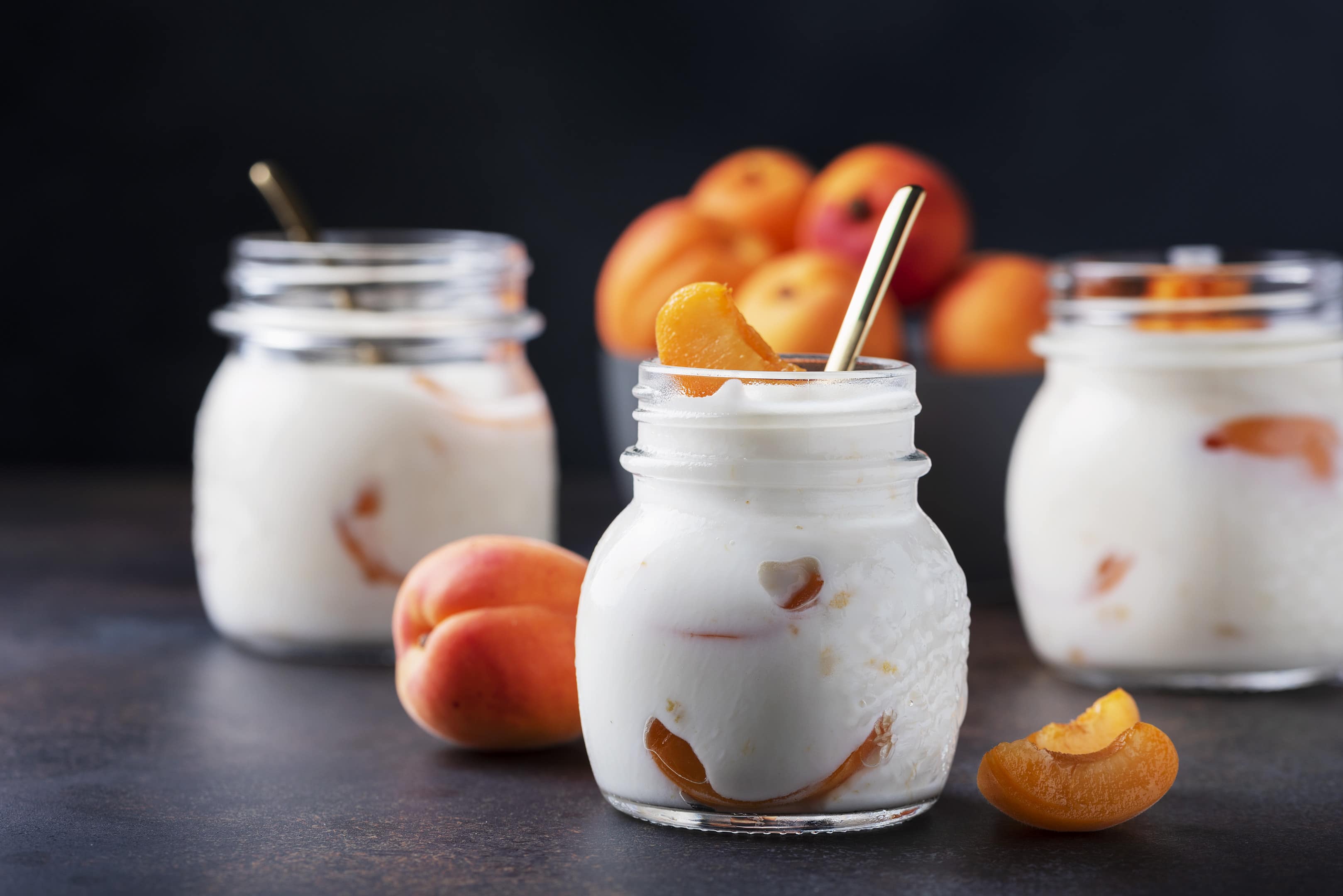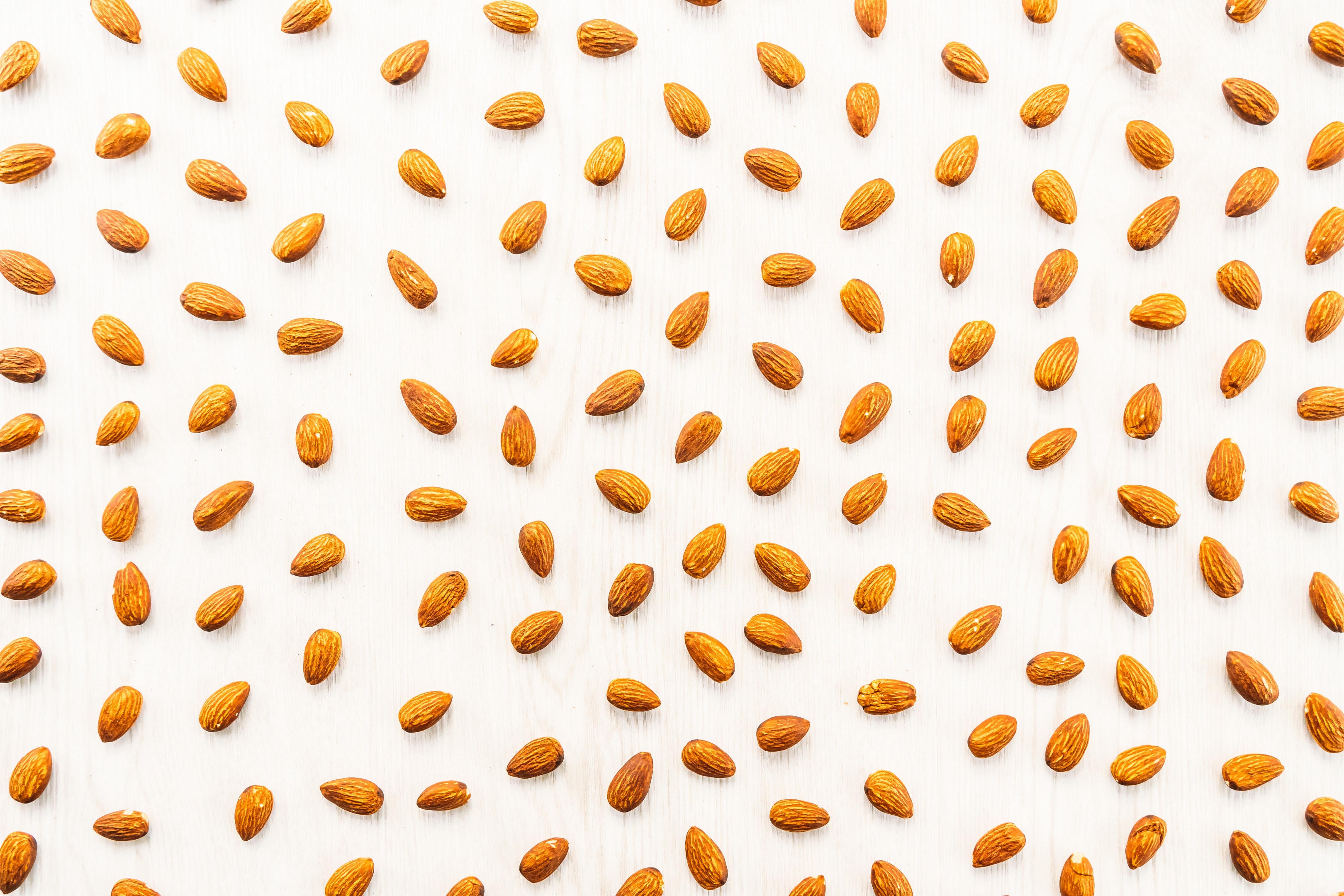Key takeaways
- This post explains acid reflux and why certain foods can trigger or worsen symptoms.
- It lists foods the article recommends for reflux-friendly eating and daily meal choices.
- It also covers common triggers the post suggests limiting, along with practical eating habits.
- It notes that frequent or severe reflux should be discussed with a clinician.
Have you ever felt the burning sensation of heartburn? That discomfort is a common symptom of acid reflux, a digestive issue that affects millions around the world. It causes irritation and pain and can lead to severe complications like gastroesophageal reflux disease.
While many individuals turn to medications for relief, the power of balanced nutrition in reducing the symptoms of acid reflux is undeniable. Certain foods can decrease inflammation, soothe the digestive system, and enhance the esophageal lining to reduce the risk of experiencing acid reflux. These foods are gut-friendly and contribute to the overall health of the digestive system. Read along as we dive into the diverse foods for managing acid reflux.
Your diet and acid reflux
The foods that you consume can either worsen or alleviate the symptoms of acid reflux. Some foods influence the production of stomach acid while weakening the lower esophageal sphincter (LES). This allows stomach acid to flow back into the esophagus, causing acid reflux.
However, contrary to common belief, acid reflux is not only caused by excess stomach acid. In many situations, low stomach acid (hypochlorhydria) can increase acid reflux symptoms by slowing down the digestion process, causing food to stay longer in the stomach and putting pressure on the lower esophageal sphincter (LES).
The key to preventing acid reflux is balancing stomach acid, and this can be done by consuming gut-friendly foods that support stomach acid production and soothe the esophagus.
Some foods have soothing effects on the stomach lining, reduce inflammation, decrease acid production, and boost healthy digestion. On the other hand, there are also common foods that can trigger acid reflux. They include caffeine, citrus fruits, spicy foods, and carbonated drinks. A balanced diet loaded with fiber-rich and anti-inflammatory foods can help reduce the symptoms of acid reflux and help improve the quality of life.
Top 10 foods to soothe acid reflux naturally
1. Ginger

Ginger, known for its gut-smoothing and anti-inflammatory qualities, is one of the most popular remedies for boosting digestive health. It has been used for decades to alleviate gastrointestinal issues, including acid reflux. Ginger contains gingerol, which is a strong antioxidant that can help reduce irritation in the digestive tract.
Additionally, ginger contains shogaol, a powerful antioxidant that offers anti-nausea properties, helping to prevent the nauseating feeling that comes along with acid reflux. Ginger also contains potassium and magnesium, both of which play a crucial role in regulating the production of stomach acid.
2. Bananas
Another gut-friendly food that can help decrease acid reflux is bananas. Due to their high pH and low acidity, bananas can help with acid reflux by making them a natural soothing food for the stomach lining. Moreover, their smooth consistency and soft texture help coat the lining of the esophagus, alleviating heartburn.
Bananas are also rich in pectin, a soluble fiber that enhances digestion by improving smooth movement through the digestive tract. This helps prevent food from sitting in the stomach for too long, which can lead to acid reflux.
3. Watermelon

Watermelon is another gut-friendly fruit that can aid the alleviation of acid reflux while boosting digestive health. With its high water content and alkaline qualities, watermelon is an effective way to provide relief from acid reflux. Watermelon’s high water content aids the dilution of stomach acid and prevents irritation in the esophagus.
In addition to its hydrating properties, watermelon contains fiber, which supports digestion and prevents slow digestion that can put pressure on the lower esophageal sphincter (LES). This promotes gastric motility, preventing acid reflux.
4. Fennel
Fennel is a strong remedy for acid reflux. One of its key benefits comes from anethole, a natural compound that possesses antispasmodic and anti-inflammatory properties. Anethole helps to relax the muscles of the digestive tract, including the lower esophageal sphincter (LES), allowing it to function optimally and prevent stomach acid from moving back into the esophagus.
Fennel is also loaded with potassium, a crucial mineral that aids the balance of electrolytes and regulates acid production in the stomach. In addition, fennel contains antioxidants such as vitamin C, which protects the esophageal lining from damage. Vitamin C also supports the growth of beneficial bacteria, boosting digestion and decreasing inflammation in the digestive tract.
5. Yogurt

One of yogurt’s great benefits is its probiotic content, which helps to balance the gut microbiome, boost digestion, and improve the integrity of the gut lining. This can help to reduce inflammation that can lead to acid reflux. Moreover, healthy gut flora is crucial for decreasing the risk of digestive diseases, including gastroesophageal reflux disease (GERD).
Moreover, yogurt is a natural source of calcium, which helps to maintain esophageal muscle function. Additionally, yogurt contains protein, which regulates digestion and strengthens the stomach lining. Foods rich in protein, such as yogurt, boost the production of gastric juices required for smooth digestion, reducing the likelihood of acid reflux.
6. Oatmeal
Oatmeal is another food that can reduce the symptoms of acid reflux. A major advantage of oatmeal is its complex carbohydrates, which provide sustained energy and prevent sudden sugar spikes. This can help prevent bloating and acid imbalance. Whole-grain oatmeal is easy to digest and prevents overeating, a common trigger for acid reflux.
Moreover, oatmeal is rich in magnesium, an important nutrient that plays a key role in improving the functions of the lower esophageal sphincter (LES), decreasing the symptoms of acid reflux. Moreover, oatmeal provides prebiotic compounds that feed beneficial gut bacteria, boosting digestion and decreasing inflammation.
7. Almonds

Almonds are loaded with essential nutrients that are gut-friendly and boost overall digestive health. They are rich in insoluble fiber that aids digestion by supporting regular bowel movements and preventing food from sitting for a long time in the stomach. Almonds also possess alkaline qualities, which help neutralize excess stomach acid and reduce the risk of heartburn.
Almonds are also loaded with monounsaturated fats that play a key role in providing relief for the stomach lining and decreasing irritation. These healthy fats also support the gut lining, preventing inflammation that can cause digestive discomfort.
8. Kale
Kale is loaded with powerful anti-inflammatory compounds, such as omega-3 fatty acids and flavonoids. These nutrients help to decrease inflammation in the gut lining, reducing irritation and enhancing the health of the digestive tract. Kale also contains fiber, which can help boost optimal gut health and prevent constipation and stomach discomfort.
Furthermore, kale is rich in diverse antioxidants such as beta-carotene and vitamins E and C, which can help ward off free radicals in the body, protecting the digestive system from damage. By decreasing oxidative stress, kale can help lower the frequency and severity of acid reflux.
9. Chamomile tea

Chamomile tea is known for its ability to relax the digestive tract muscles, which can help decrease indigestion, gas, and bloating, easing digestive tension and reducing the symptoms of acid reflux. Chamomile tea also contains flavonoids, which aid in the reduction of inflammation in the digestive tract. Inflammation in the stomach lining and esophagus can worsen acid reflux, causing discomfort and pain.
Moreover, chamomile possesses a mild sedative effect that can help alleviate stress and relax the body. Stress is a known trigger for acid reflux as it can contribute to the excess production of stomach acid. Drinking chamomile tea can provide the body with a calming effect, preventing acid reflux episodes.
10. Cucumber
Cucumbers are composed of about 95% water, helping to keep the body hydrated and improving digestive health. Proper hydration is a major key to supporting smooth digestion and reducing constipation, which often triggers acid reflux. The high water content of cucumber keeps the digestive tract lubricated, making it easier for food to move through the intestines and stomach.
Additionally, cucumbers possess natural cooling qualities that can provide instant relief from acid reflux and heartburn. Consuming cucumber can help relieve the burning sensation in the chest and esophagus, which is often associated with acid reflux. Cucumbers also contain beneficial compounds that foster the growth of good bacteria in the gut, enhancing digestion and preventing acid reflux.
Conclusion
While there are medications for managing acid reflux, diet is an effective way to reduce and prevent acid reflux episodes. Incorporating foods that are beneficial for gut health, such as cucumber, watermelon, ginger, almonds, oatmeal, and kale, can help soothe the digestive system, ease discomfort, and decrease inflammation. By prioritizing these beneficial foods, you can support the improvement of overall digestive wellbeing.






